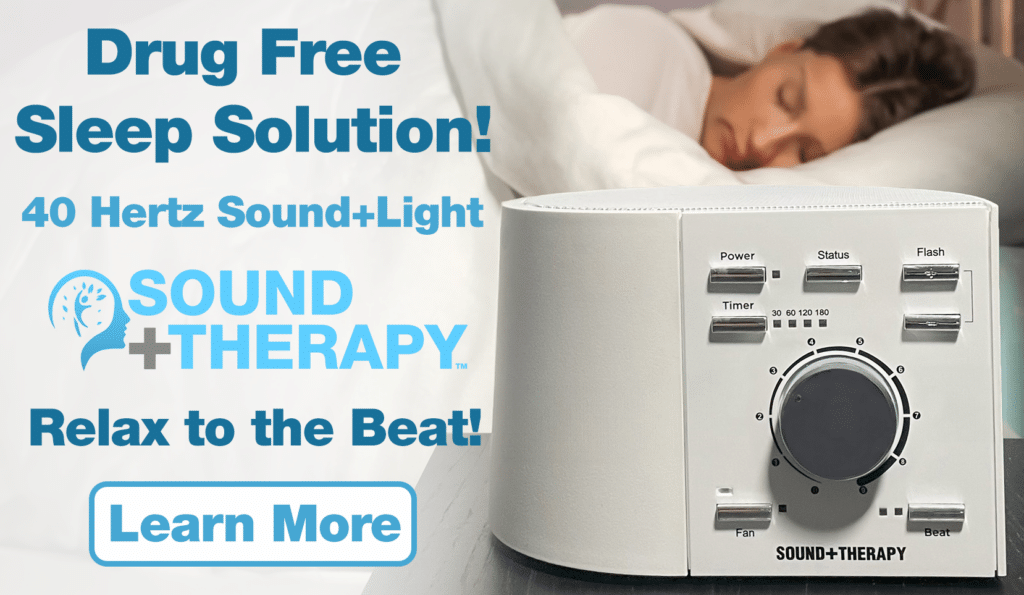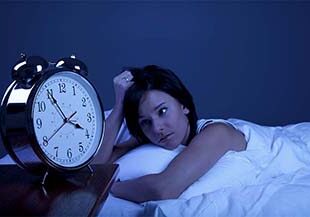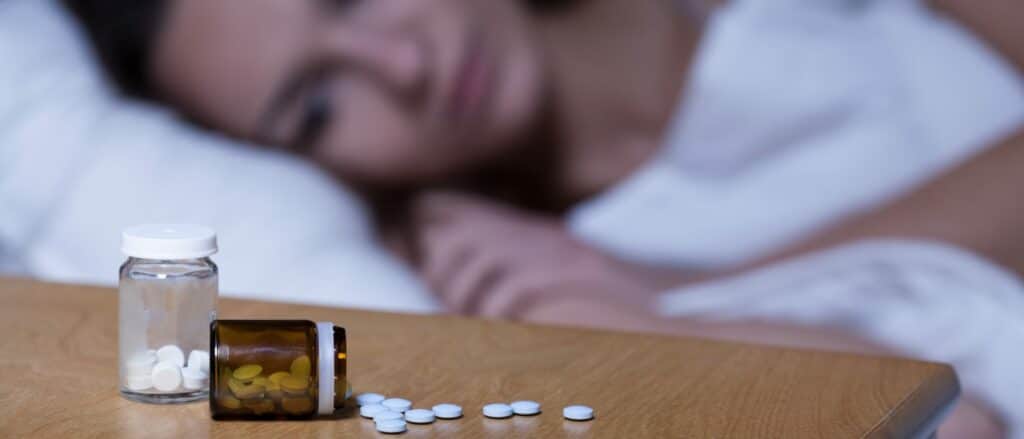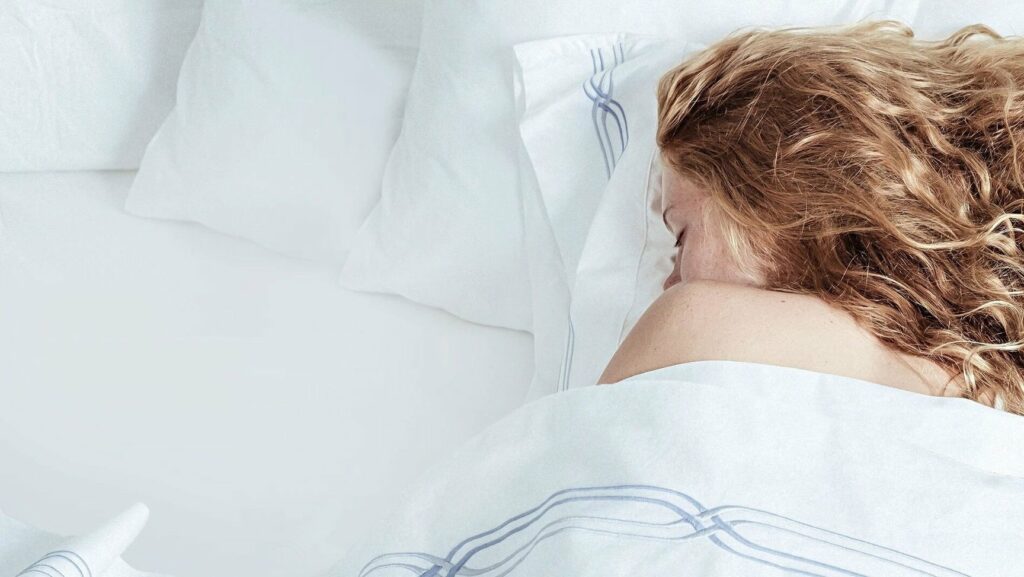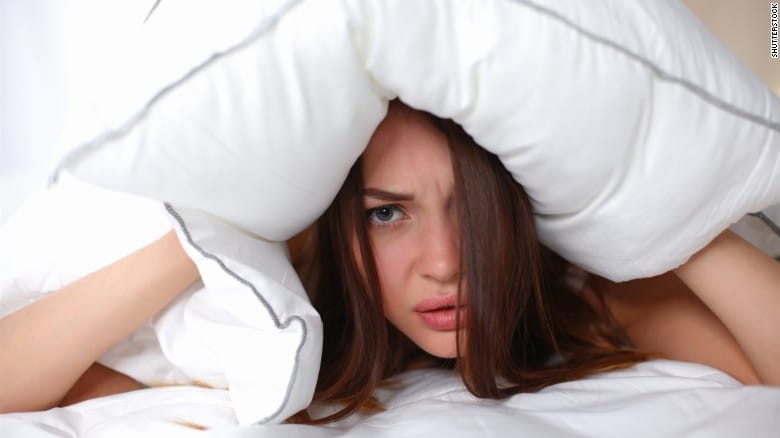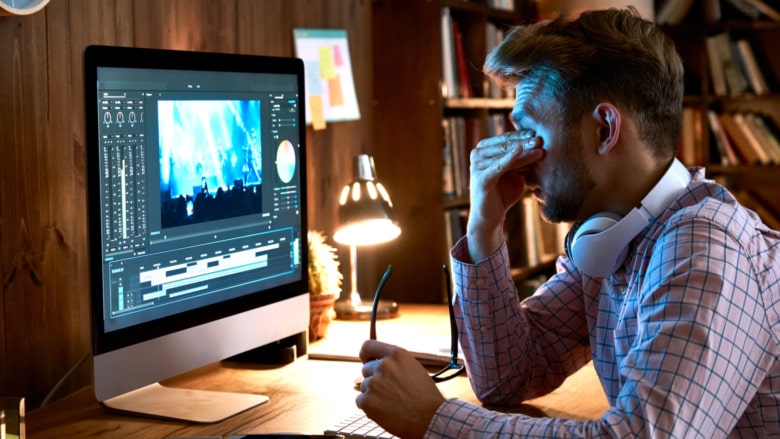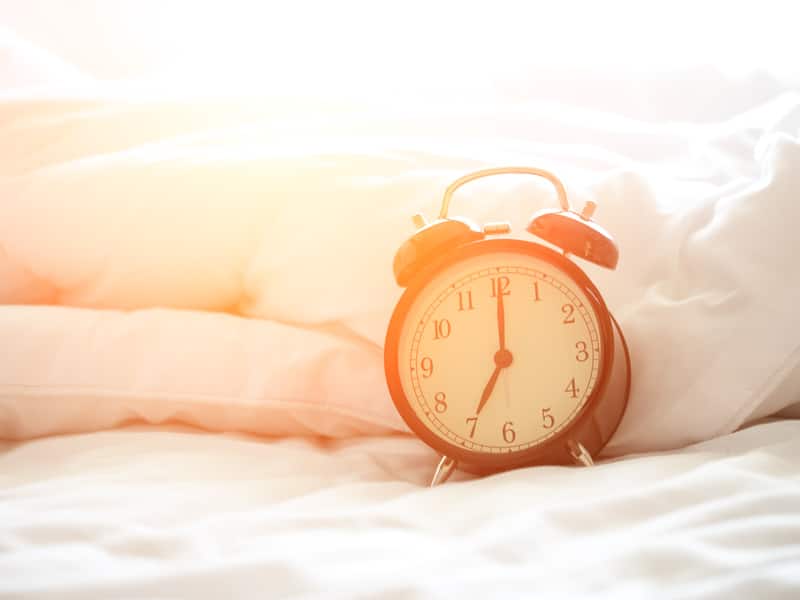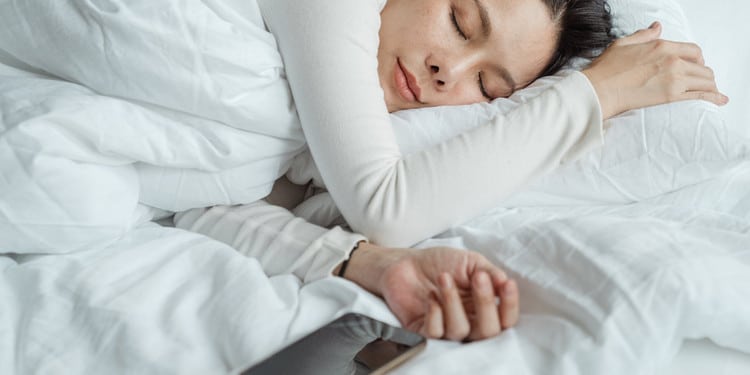
3 Reasons Why Sleeping Next to Your Phone Is a Bad Idea
Most of us have our phones on us at all times. Texts and emails are constantly coming through, you use saved credit cards to pay with ease, and you never know when you might need to call someone. It’s even understandable that people want to look at their phones as soon as they wake up to handle all the notifications that arrived while sleeping.
But should your phone be on or near you while you’re sleeping? Probably not, and here’s why.
It May Make Falling Asleep Harder
A 2011 study found that 9 out of 10 Americans used some kind of tech device in the hour before going to bed. The term “tech device” includes more than just cellphones, like TVs, computers or laptops, video game consoles, and more. But out of all tech devices, cellphones were most likely to be used by people under the age of 30.
For these young adults who used cellphones and other more interactive tech devices right before bed, sleep didn’t come as easily.
When you use technology, especially your cellphone, right before going to bed, you don’t give your body and brain enough time to unwind. Plus, it’s so easy to get caught up in the game you’re playing, the Twitter news feed you’re scrolling through, or the show you’re binging.
It can be difficult to put your phone down once you’ve engaged with something, whether it’s a text conversation or another app. By not having your phone near you while you’re trying to wind down and go to sleep, you won’t be tempted to reach over and start mindlessly scrolling.
It Can Interfere with Your Sleep Cycle
By not using your phone right before you go to bed, you’re also reducing your exposure to blue light. Exposure to blue light so close to bedtime can often interfere with your circadian rhythm.
Essentially, blue light messes up your internal clock by delaying the natural release of melatonin before you fall asleep.
Our circadian rhythms used to be, and still are, to some extent, closely aligned with sunrise and sunset each day. So naturally, throughout the course of the day, our bodies knew when it was time to wake up and go to sleep.
Smartphones threw a wrench into many people’s circadian rhythms, in large part due to blue light. Whether you’re exposing yourself to blue light right before bed or when your phone lights up throughout the night with notifications, your sleep cycle will be negatively affected. There’s a good chance you may wake up feeling groggy or sleep-deprived.
The best way to negate blue light’s effects is not to use your phone a few hours before bed. That being said, it’s not always possible or even desirable to do this.
Tons of great blue light filters can help reduce the negative effects of using your phone right before you go to bed. So, if you must use your phone in the hours before you go to sleep, make sure you have a blue light filter on. And try to at least give yourself an hour of no screen time before going to sleep.
There’s a Low Risk for Radiation Exposure
There are a lot of people out there who say that cell phones cause cancer. Right now, there is not enough definitive scientific proof to back up this statement.
A study by the National Toxicology Program in 1999 exposed rats to high rates of radio frequency radiation from cell phones. They found evidence of tumors, both benign and malignant, in the test rats’ hearts, brains, and adrenal glands.
However, the FDA says that “nearly 30 years of scientific evidence has not linked exposure to radio frequency energy from the use of cell phones to health problems, such as cancer.”
Because of conflicting scientific studies and information out there, it’s hard to know what best practices you should follow when it comes to your cell phone.
Your cell phone emits low levels of non-ionizing radiation, but only when it’s in use. The only known side effect of this radiation is heating. Your phone gets hot when it has been in use for a while, and if you hold your phone up to your head to make a call, the surrounding body tissues can heat up as well.
If you’re concerned about the potential radiation exposure, there are a few things you can do.
- Keep your phone away from you while you’re sleeping. If you get any calls or notifications throughout the night that increase the radio frequency radiation coming from your phone, it’ll be far enough away from you that you won’t be affected as much.
- If you need to listen to music or a podcast while you’re sleeping, try using earbuds or a Bluetooth speaker.
- If you want to limit your exposure to cell phone radiation further, try taking calls hands-free and keeping your cell phone somewhere other than your pocket. Widening the distance between you and your cell phone is key to reducing whatever small effects radio frequency radiation may have on you.
Here’s What You Can Try Out Tonight
Try putting your phone in another room while you’re sleeping. Or, if you need your phone in your bedroom with you for the alarm clock, make sure it’s at least three feet away from you. Here’s a bonus: If your phone isn’t right beside you in the morning, you can’t snooze the alarm clock easily.
You probably won’t even notice too much of a difference having your phone a bit further from you while you’re sleeping. But it will help improve your ability to fall asleep, stay asleep, and get good sleep. In this fast paced world, a good night’s sleep is super important.
Credits: https://www.makeuseof.com/
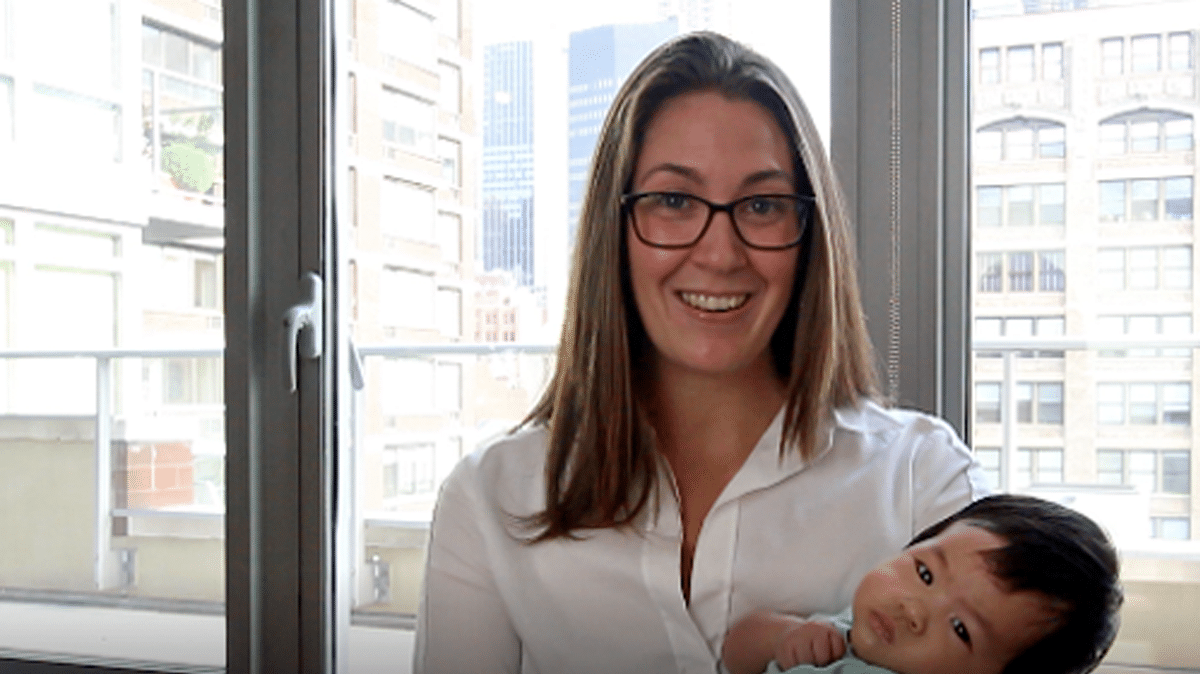
Don't just take our word for it.
We don’t take the term “sleep like a baby,” lightly. We know you don’t either. Want advice from a baby whisperer? Our sleep trainers understand.

